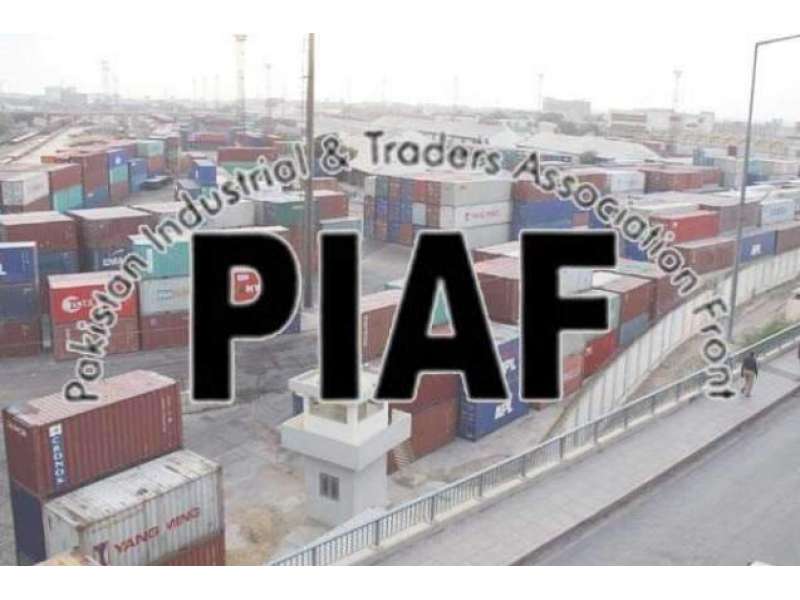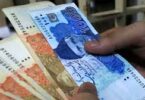ISLAMABAD (INP): As Pakistan and Iran inaugurated the first border market and electricity transmission lines the Pakistan Industrial and Traders Associations Front (PIAF) has said the Mand-Pishin border marketplace and the Gabd-Polan electricity project would serve as a stepping stone for greater economic cooperation between the two countries, expressing the hope that it would unleash development, trade, business and employment opportunities contributing to the prosperity of the people of Gwadar and Balochistan.
Stressing the need for enhancing regional trade to ease the current economic crisis, Chairman PIAF Faheemur Rehman Saigol said that the project had been pending since 2009 and was now completed in a record time of four months.
The Mand-Pishin border sustenance market is expected to increase trade with Iran, helping local businesses find new opportunities. This is one of the six border markets which will be constructed along the Iranian border.
He said that located in the remote village of Balochistan, the marketplace is the first of six to be constructed along the Pakistan-Iran border under a 2012 agreement signed by the two sides.
The PIAF Chairman also called for early implementation of barter trade mechanism signed between Pakistan and Iran during the Joint Trade Committee meeting held in Tehran to jack up bilateral trade to $5 billion annually.
The all concerned departments, particularly the central bank, instead of creating obstacles, should start working on implementation of the barter trade through approved crossing points without any further delay, removing all bottlenecks for the smooth trade.
Faheem Saigol appreciated Islamabad as well as Tehran to take serious initiatives to remove hurdles to bilateral trade, asking Iran to also take benefits of China-Pakistan Economic Corridor projects. In order to meet the objective of barter trade mechanism both parties must finalize international mechanism to remove difficulties in barter trade. He said that barter trade was in fact a right decision, which could boost Pakistan’s foreign exchange reserves through escalation in exports.
He said due to lack of banking channels with Iran, some issues were existing in trading with Tehran. The barter trade issue with Iran has now been resolved, which is a welcome step for both Muslim neighboring nations.
The PIAF chairman said that the government of Pakistan and government of Iran had decided that a barter trade mechanism will be established, identifying over 50 items for bilateral trade with rice and petroleum products at the top of the list.
He said the barter trade could be done via land route through legal customs notified border crossing points without any monetary transaction under the barter trade arrangement.
He said that Pakistan can import liquefied petroleum gas (LPG) from Iran in exchange for rice under a barter arrangement endorsed by the two countries. We will export rice to Iran and import LPG from there, as it is purely a barter deal. It is pertinent to mention that Iran faces sanctions imposed by the United States, making it difficult for global and regional countries to broaden and deepen their trade ties with the administration in Tehran. He also noted the country’s exports had increased, adding that more growth could still be achieved by adopting product and geographical diversification.
He said that efforts should also be initiated to sign a free trade agreement between Iran and Pakistan, as both countries wanted to boost bilateral trade and economic relations to strengthen regional economy.
Faheem Saigol lauded the efforts of PM, saying he played vital role in increasing trade volume between the two countries. He asked the businessmen to cement trade relations to take benefits from each other’s experience and boost trade activities between the countries.
He stressed the importance of enhanced cooperation with Tehran, saying the energy projects and border markets showed how vital friendship was between the two countries.
The PIAF Chairman expressed concerns over the worsening economic situation, citing various factors including the imbalance of payments caused by floods, increasing inflation, and the repayment of loans as key issues that need to be addressed urgently.







